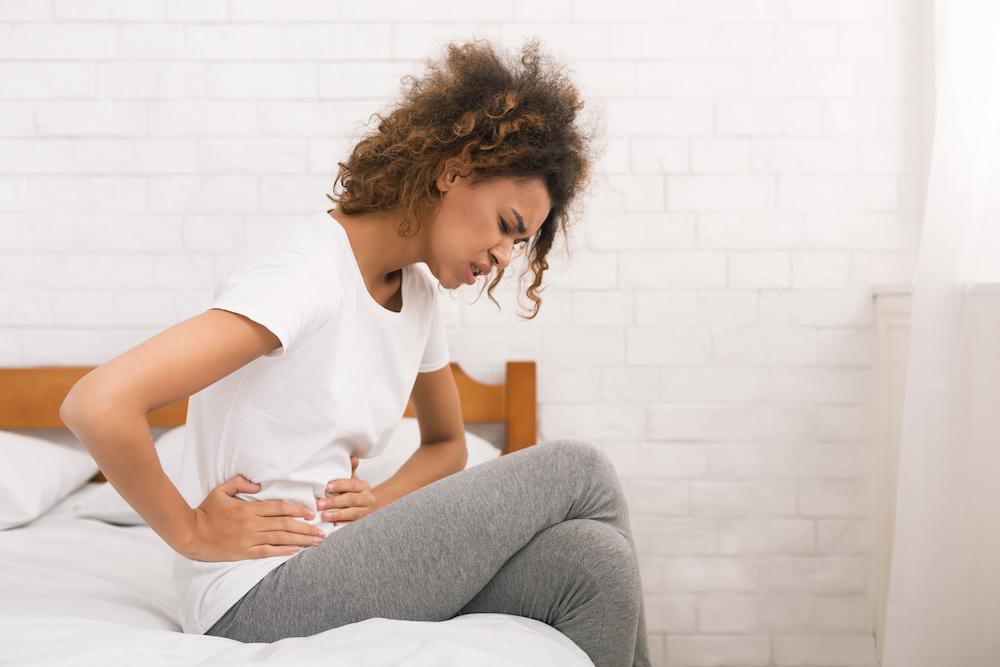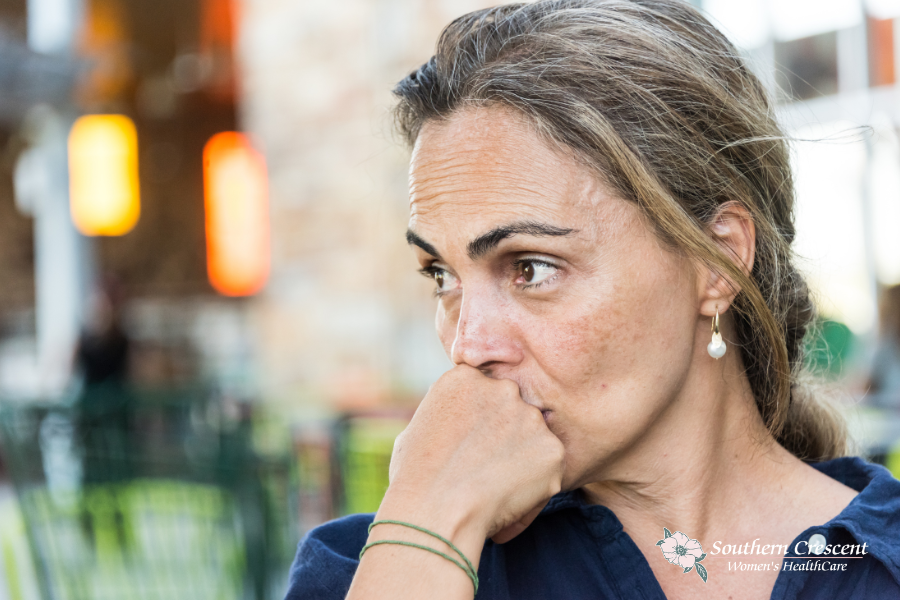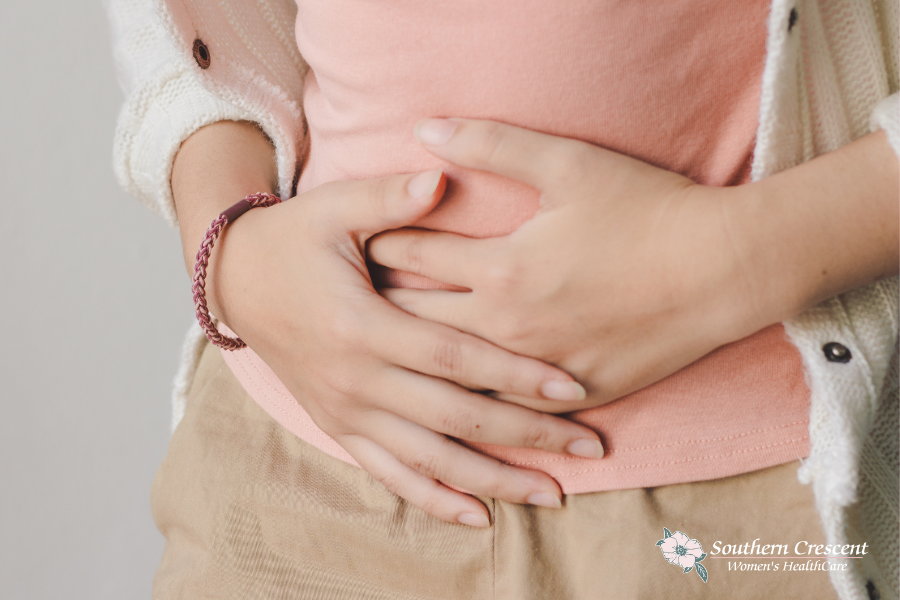10 Symptoms of Fibroids
Uterine fibroids are noncancerous tumors that grow in the uterus. These growths range in size from very small to about the size of a grapefruit, and they affect about 35 million American women annually. For about 7 million affected women, fibroids cause troublesome symptoms that require medical care. Fibroids are more common in black women and women over age 35. At Southern Crescent Women’s HealthCare, with practices in Fayetteville, Newnan, and Stockbridge, Georgia, we’re dedicated to providing excellent gynecological and obstetric care to our patients. Our experienced OB/GYN providers diagnose and treat uterine fibroids as part of our comprehensive gynecological services. Not all uterine fibroids cause the same symptoms. Many women with fibroids have no symptoms, and for women who do have symptoms, they can vary based on the size, position, and number of fibroids. The 10 most common symptoms of fibroids While there can be dramatic differences among women, the 10 most common symptoms of fibroids include:- Heavy bleeding during periods or between periods, especially with clots
- Lower back pain
- Increase in menstrual cramping
- Frequent need to urinate
- Pressure or fullness in the lower abdomen
- Swelling in the abdomen
- Periods that last longer than a week
- Pain during sexual intercourse
- Trouble emptying the bladder fully
- Constipation
Do You Know the 3 Stages of Menopause
Do You Know The 3 Stages of Menopause? Menopause is a natural transition in a woman’s life, marked by three key stages: perimenopause, menopause, and postmenopause. Perimenopause often begins in the mid to late 40s, lasting around four years, and is characterized by fluctuating estrogen levels that can cause irregular…
HPV Vaccination: Your Shield Against Cervical Cancer
HPV Vaccination: Your Shield Against Cervical Cancer Human Papillomavirus (HPV) is a common sexually transmitted infection that can lead to cervical cancer. Fortunately, the Gardasil®9 vaccine offers powerful protection against HPV and its potentially life-threatening consequences. The importance of HPV vaccination cannot be overstated. It protects against nine types of…
Endometriosis: The Silent Struggle Affecting 1 in 10 Women
Endometriosis: The Silent Struggle Affecting 1 in 10 Women Understanding Endometriosis: Symptoms, Risks, and Treatment Options Endometriosis is a chronic condition affecting 1 in 10 women of reproductive age. It occurs when tissue similar to the uterine lining grows outside the uterus, causing pain, inflammation, and scarring. Common symptoms include…




